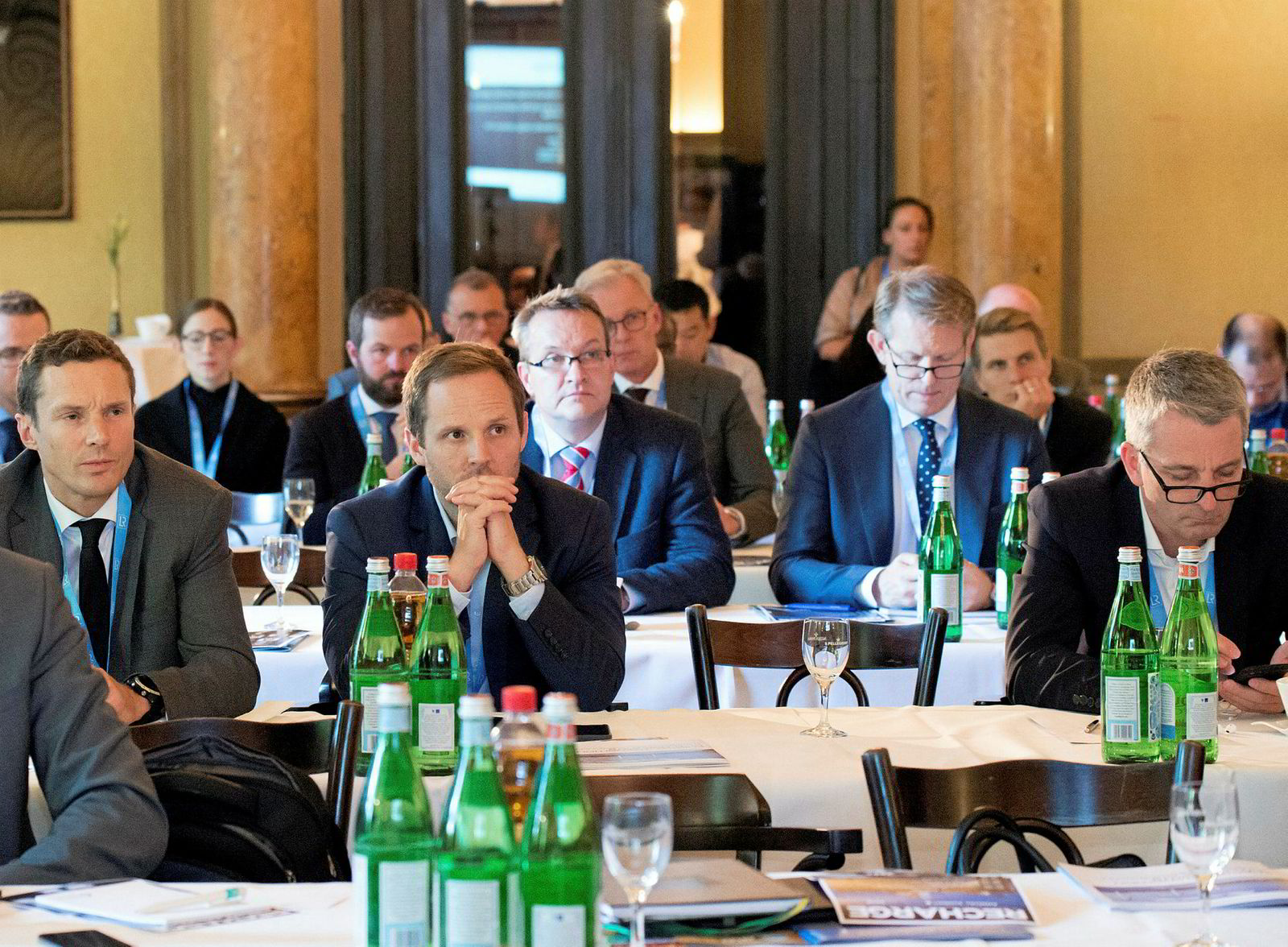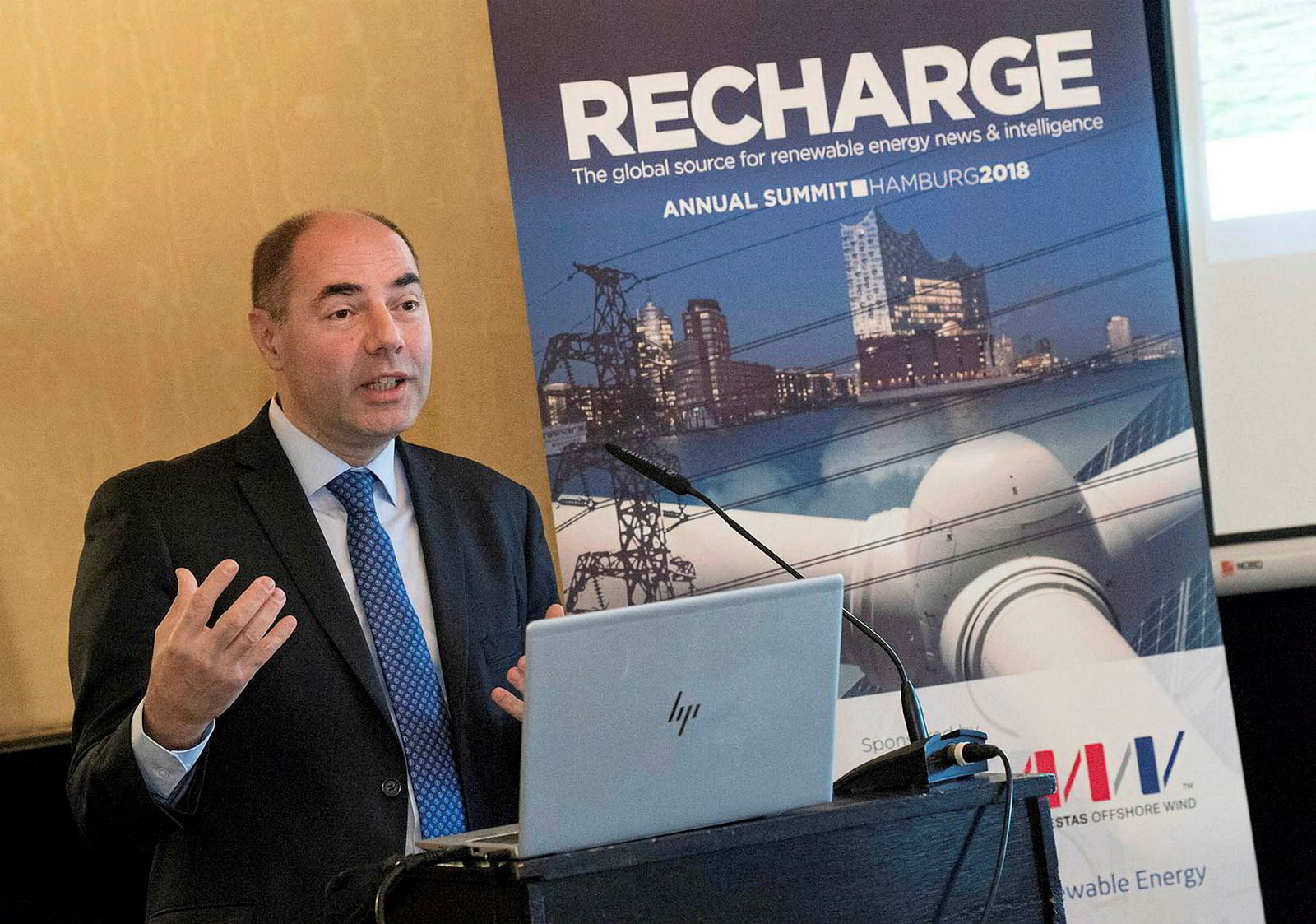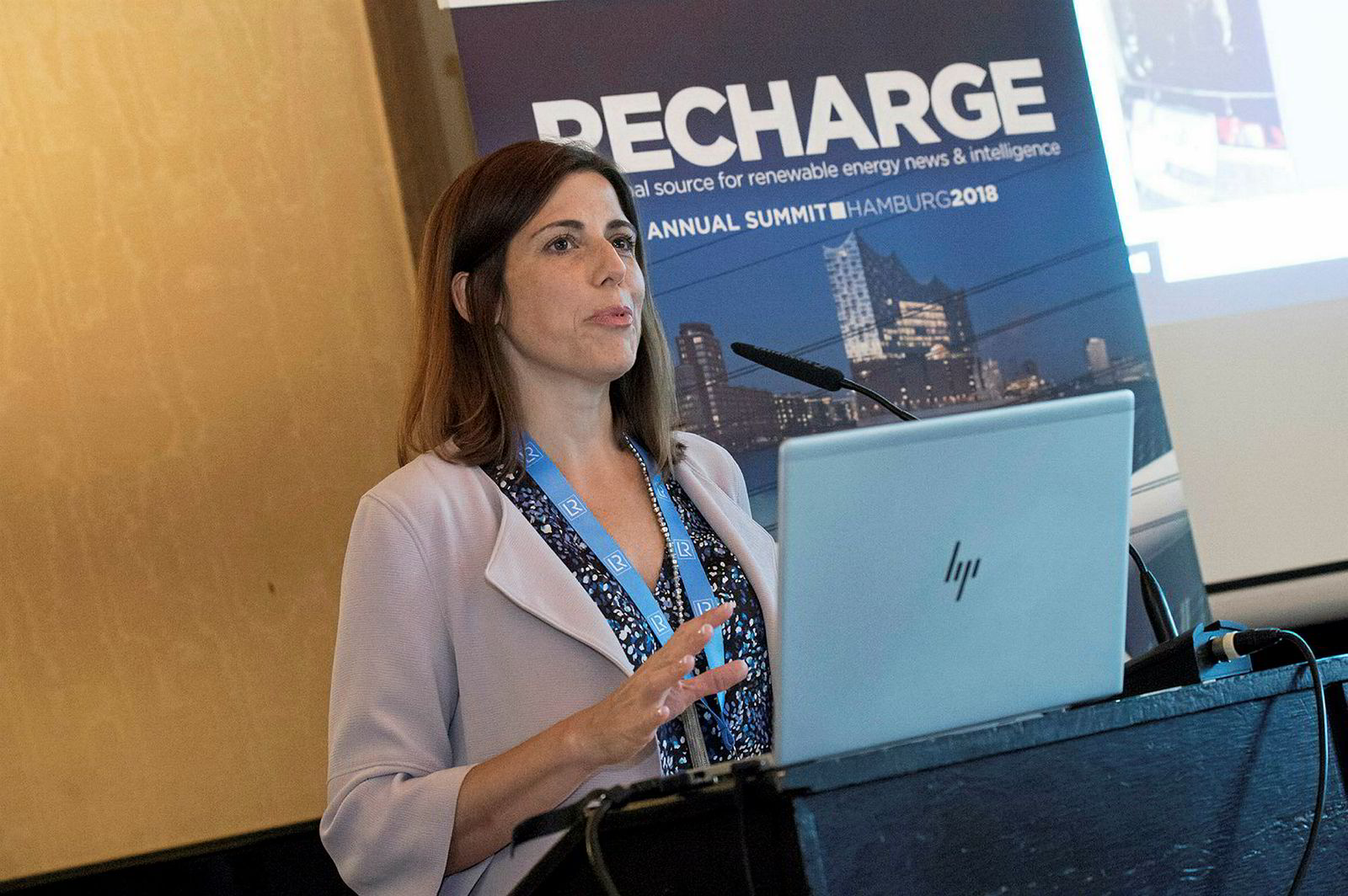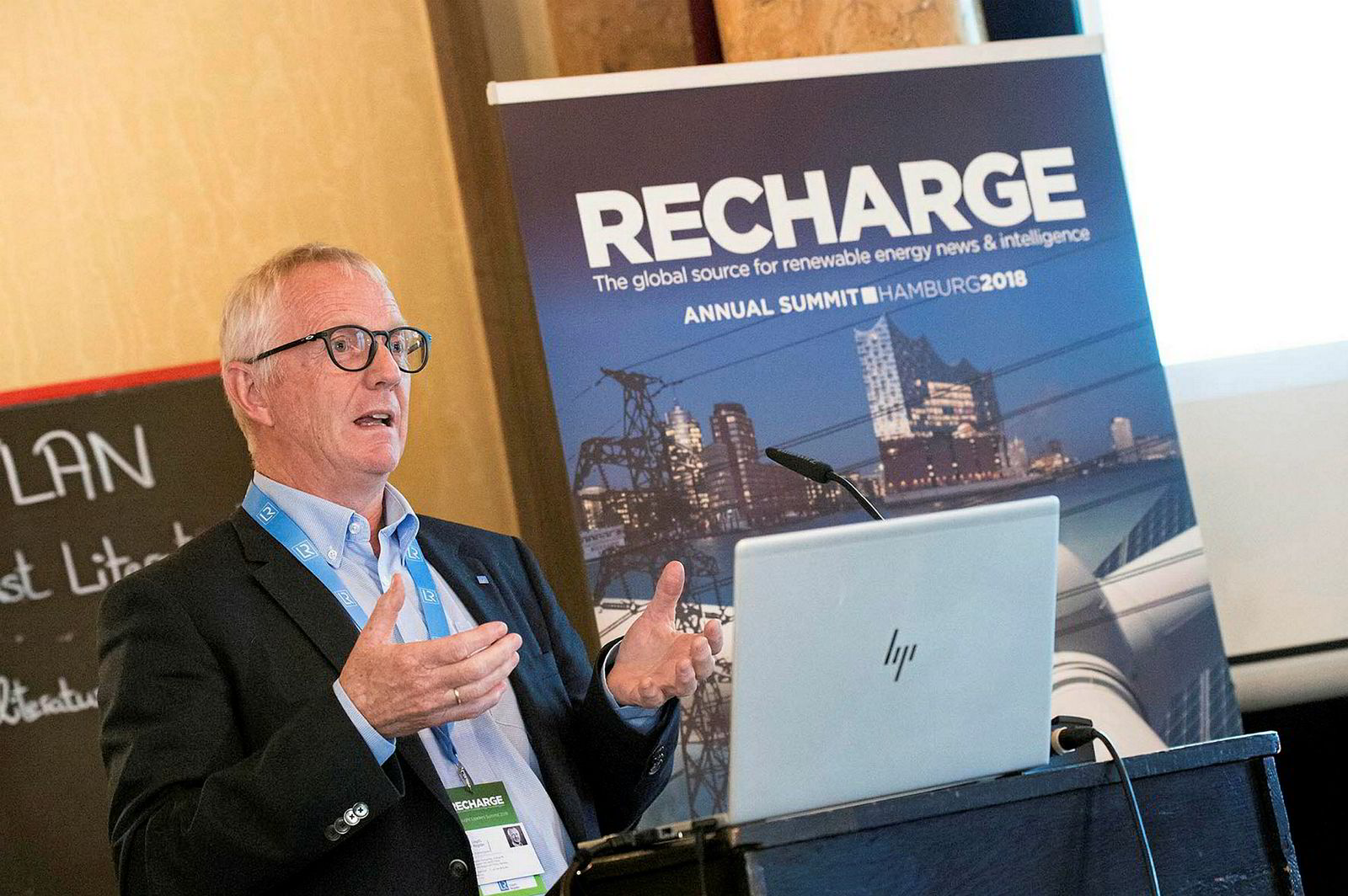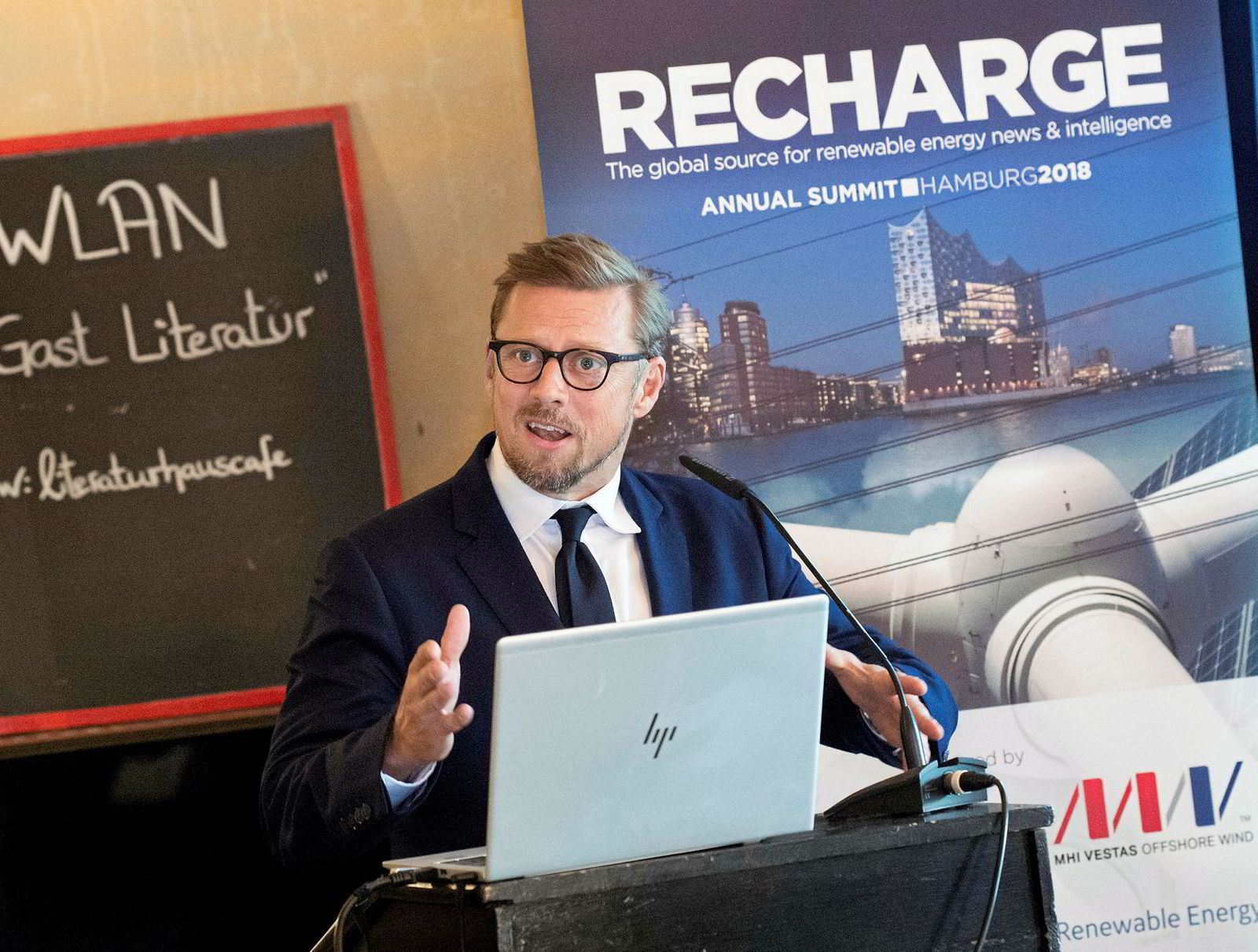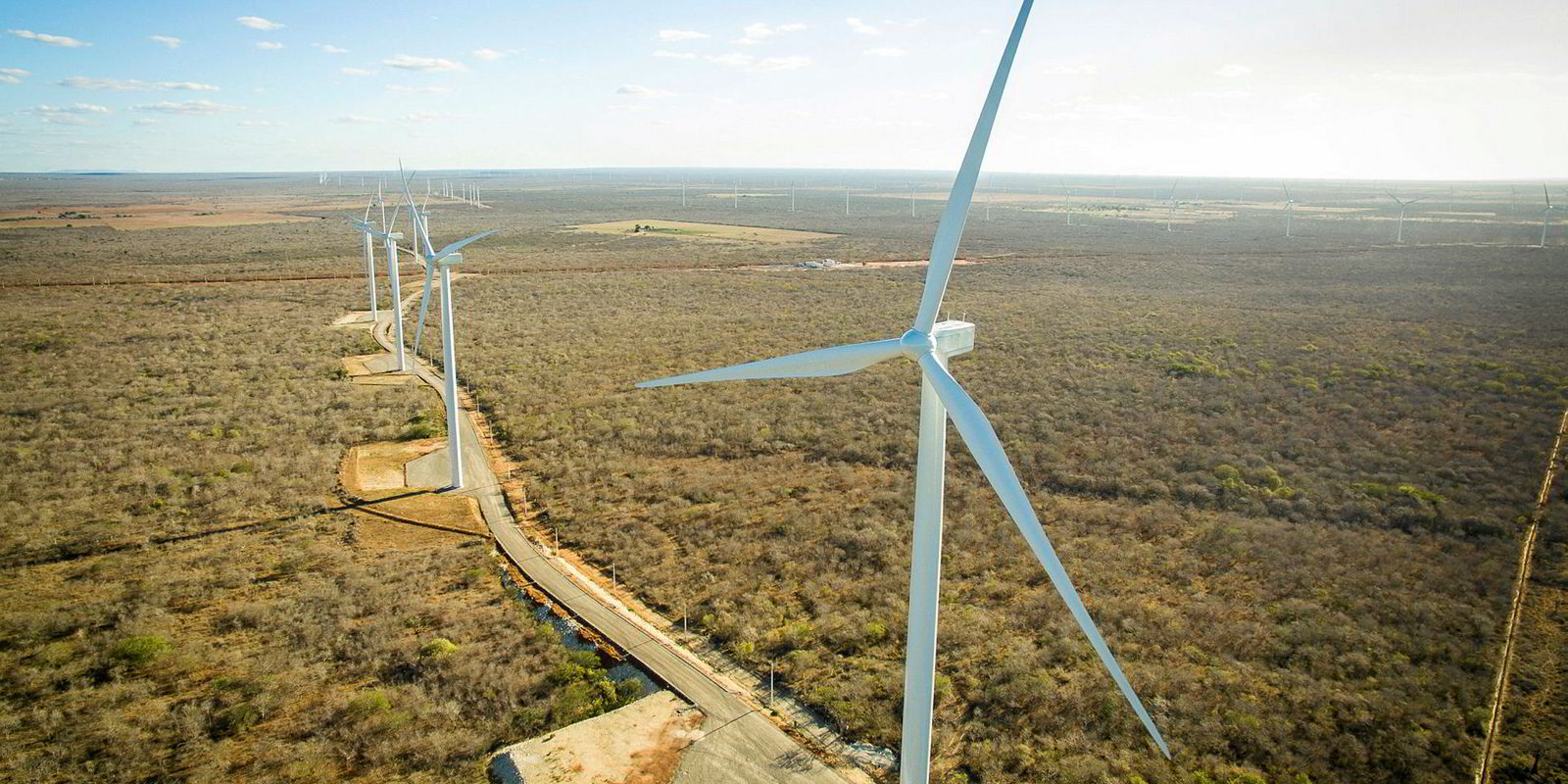Renewables can’t take their future dominance of the global energy sector for granted in the face of political opposition, ongoing pressure on costs and unanswered questions about variable output.
That was among the key messages from the annual invitation-only Recharge Thought Leaders Summit, held in Hamburg on the eve of the Global Wind Summit. The event brought senior figures from wind, solar and other renewables sectors together with developers, financiers and policy experts to discuss the key issues facing the energy transition, and what Recharge editor-in-chief Darius Snieckus described as its three main drivers – “digitalisation, decentralisation and decarbonisation”.
The event, held under non-attributable ‘Chatham House’ rules, heard several delegates warn that despite its spectacular growth of the last few years, the renewables industry must work harder than ever to carry political and public opinion with it.
Well-organised opposition to clean-energy projects and grid infrastructure, and a growing number of populist politicians willing to fuel it, were flagged up as increasing threats to renewables, which were advised to fight back by stressing jobs and other economic benefits.
The role of ‘national champions’ in bringing governments onside with renewables was highlighted by one delegate, who noted how the involvement of Shell in the sector “totally changed the dynamic of the discussion” around offshore wind in the Netherlands.
There was plenty of discussion of how innovation can help renewables answer ongoing concerns about variable output. One delegate said storage represents the “missing link” of renewables but would need bold technical solutions for large-scale deployment – and, for a while at least, subsidies. Another explained how hybrid plants can use multiple generation sources to make maximum use of expensive transmission investments. “We’ve only scratched the surface [of hybridisation],” the speaker predicted.
